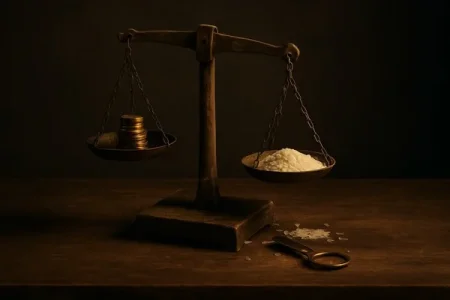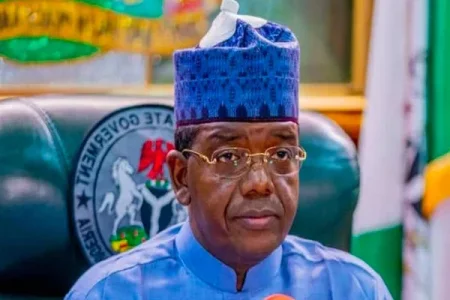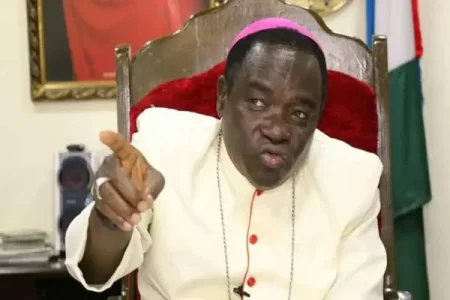
President Tinubu’s second anniversary in office reveals stark contrasts: international applause for subsidy removal and FX reforms clashes with domestic agony over 40% inflation and worsening insecurity. While billionaires like Otedola cheer corporate profits, 129 million Nigerians now live below the poverty line.
The administration insists its "reforms are working," but with bandits ruling the northwest and manufacturers spending ₦1.1tn on alternative energy, citizens question whose hope is truly being renewed.
1. Economic Shockwaves
- Fuel prices have tripled; electricity tariffs up 200%
- Poverty surged: 129M poor in 2024, up from 104M in 2023
- Manufacturers spent ₦1.11tn on generators amid power failures
- 300+ killed in northeast Boko Haram resurgence
- Bandit leader Turji Bello is still active in the northwest
- Ondo APC chair killed after ₦5m ransom paid
3. Reform Paradox
- IMF hails “bold reforms” but warns of a shrinking middle class
- ₦75k palliative cash criticized as "too little, too late"
- APC endorses Tinubu for 2027 despite rising public anger
Tinubu’s second year shows a presidency leaning heavily on reform rhetoric while millions buckle under real-world consequences. If growth is the goal, the government must answer: at what human cost?
Tinubu’s legacy so far mirrors Nigeria’s divide: macroeconomic theory applauded in boardrooms, survival arithmetic failing in markets and farms. When economic textbooks meet Nigerian realities, the pages often tear. "Are Tinubu’s reforms laying foundations for future growth or deepening present pain?"
For the "Okada rider" paying ₦1,200/litre for fuel and the farmer dodging bandits, policy sophistication means little without relief.



